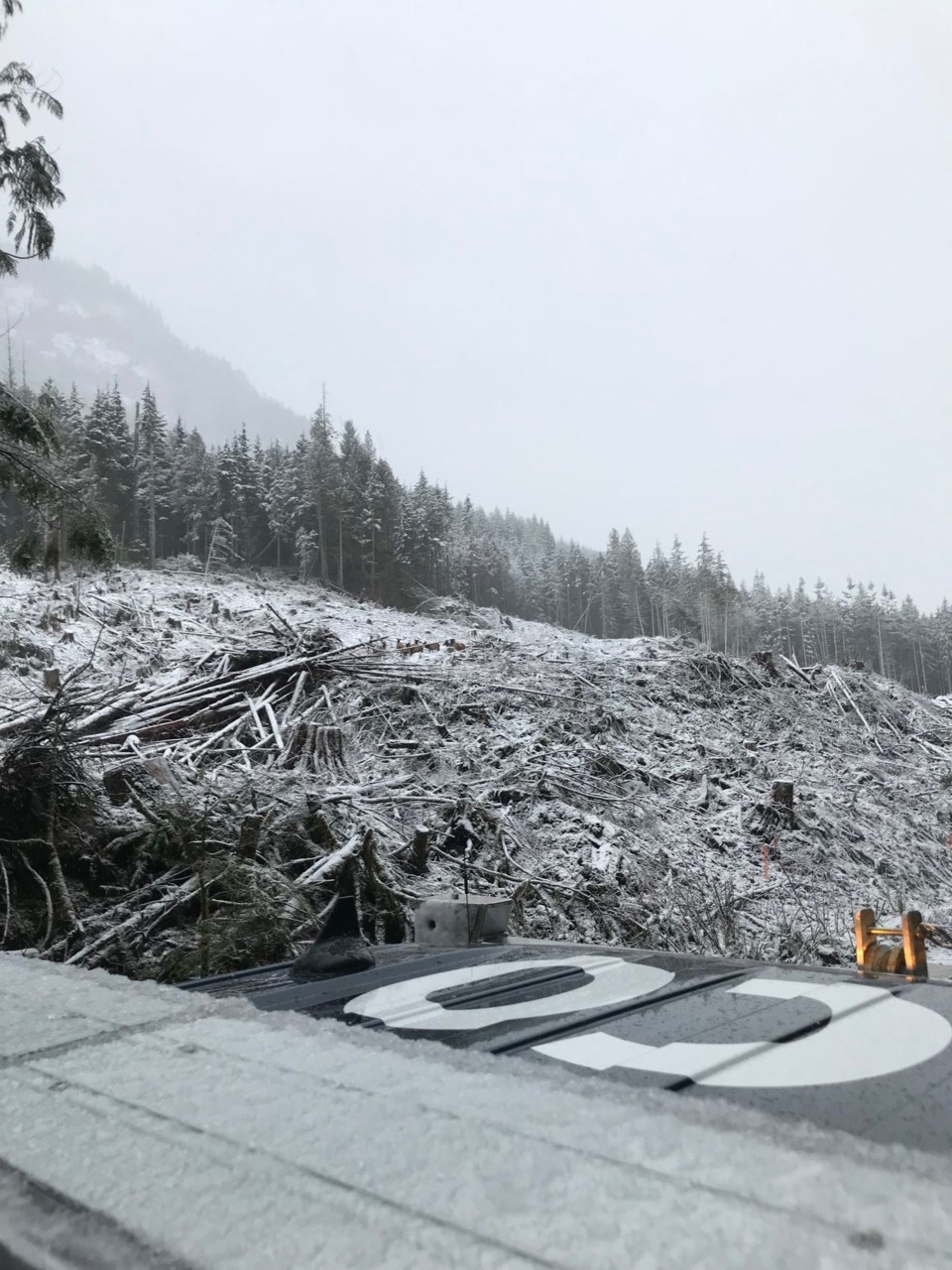The poaching of more than 10 Roosevelt elk on the Island in recent weeks represents a “troubling trend,” says a south Island conservation officer.
The remains of partially harvested animals have been found around Youbou and Lake Cowichan since mid-March, said Scott Norris, a sergeant with the B.C. Conservation Officer Service.
“We have concerns for the elk population because of that,” Norris said. “Because obviously, the population would not be sustainable if people continue to take elk in an unregulated manner.”
There about 3,000 Roosevelt elk on Vancouver Island. The population has been recovering since nearly being eliminated in the early 1900s by overhunting.
The population on Vancouver Island also faces threats from predators such as wolves and black bears.
Only a limited number of elk are allowed to be killed each year to ensure the population survives. Norris said about 20 hunting tags are given each year in the Cowichan Valley area, with about half going to First Nations communities. The other half are dispersed through a draw.
“Harvesting animals on top of that puts the population in jeopardy,” Norris said.
The elk-hunting season for those who receive tags through the draw ends in January, and the season ends in March for First Nations communities.
Norris said conservation officers know the harvested animals were unregulated kills because officers have good relationships and open communication with local First Nations communities, who let them know when and where they harvest an elk.
Some of the elk were harvested off a road near Youbou in an area where hunting is prohibited.
The poaching of elk has been an ongoing problem on the Island, with more than 13 illegally killed in 2014 and 2015.
“It’s been such a huge problem,” said Paul Sieber, natural resource manager for Ditidaht First Nation.
“It’s not good for the herds.”
Sieber said the herds are stable right now, but their survival is threatened if people continue to take too many animals, especially females.
Biologist Paul Paquet, who works with Raincoast Conservation Foundation, said while the number of poached elk reported is relatively small compared with the population, there’s likely more poaching going on than what has been discovered.
“There’s probably poaching taking place all the time. Poachers, most of them, are pretty discrete about where they do it and how they do it,” said Paquet, who has a PhD in zoology and studies ungulates and large predators.
He said some people poach animals for commercial purposes to sell on a black market, while others illegally hunt to feed themselves.
Paquet said history has shown that poaching often increases during times of economic uncertainty and that may be the case now with the COVID-19 pandemic.
“During the Depression, this was really common. Poaching was a real problem,” he said. “It’s possible something like that could be happening.”



